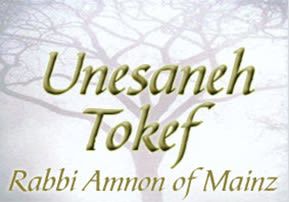
Rabbi Amnon of Mainz
Date of Passing: 1-Tishrei. The bishop tried to bribe Rabbi Amnon with promises of fame and money if he would convert to Catholicism. But Rabbi Amnon remained steadfast. He would never convert...

One of the most emotional prayers of the Rosh Hashanah and Yom Kippur services is the Unetaneh Tokef, recited before the Kedushah of Musaf. Written by Rabbi Amnon of Mainz, Germany, about one thousand years ago, the prayer describes the Yomim Noraim, the High Holy Days, as a time of judgment, where people symbolically pass before Hashem. In the prayer, there is a listing of the possible fates that may befall people, but it also includes an emphasis on Hashem’s attribute of forgiveness. To read text of prayer, click here. This is the story behind this stirring prayer:
Rabbi Amnon was famous for his righteousness. The bishop of Mainz heard of the rabbi and wanted to meet him.
Rabbi Amnon and the bishop spoke about religion. Deeply impressed by the rabbi’s piety, the bishop was determined that such a good man become his friend and advisor. He also insisted that he leave the Jewish religion and convert to Christianity.
At first, the bishop gently argued with Rabbi Amnon, trying to show how his faith was superior to Judaism. Then the bishop tried to bribe Rabbi Amnon with promises of fame and money if he would convert to Catholicism. But Rabbi Amnon remained steadfast. He would never convert.
After a while, the bishop became frustrated and started yelling, “You are as stiff-necked as all your people! You can be sure that I will quickly end your stubbornness and make you do as I wish.”
A few days after this initial meeting, the bishop summoned Rabbi Amnon to his palatial manor and confronted him directly. “Accept my faith,” he threatened, “or you will definitely die!”
Rabbi Amnon replied, “Give me three days to think about the matter — then I shall give you my answer.”
“So be it,” the bishop agreed.
Rabbi Amnon returned to his home. He put on sackcloth and ashes. He fasted and prayed, distraught at having given the impression that he even considered betraying Hashem. After the three days passed, Rabbi Amnon did not return to the palace. The bishop was furious. He ordered his guards to bring Rabbi Amnon to his palace.
The guards hurriedly seized Rabbi Amnon and brought him to the palace. The bishop confronted the rabbi, “Jew, how dare you disobey me? Why have you broken your promise to bring me your answer after three days?”
Rabbi Amnon looked up at the bishop. “In a moment of weakness I fell into sin and lied. I made a false promise and defied my faith. I sought the cowardly grace of three days in which to give you my answer. Instead, I should have said, ‘Shema, Yisroel, Hashem Elokaynu Hashem Eh-chad‘ (‘Hear, O Israel, Hashem is our God, Hashem is One’), and allowed myself to be killed.”
The bishop was furious. “Your feet disobeyed me by not coming to the palace. For that, they shall be torn from your body.”
“No,” Reb Amnon replied. “My feet should not be torn, but rather my tongue for it betrayed Hashem.”
“Your tongue has uttered the truth, and therefore will not be punished.”
The furious bishop ordered Rabbi Amnon’s feet to be chopped off, joint by joint. They did the same to his hands. After each amputation R’Amnon was asked if he would convert, and each time he refused. Then the bishop ordered that he be carried home, a maimed and mutilated cripple, together with his amputated parts. A few days later, on Rosh Hashanah, Rabbi Amnon requested that he be carried to the synagogue.
Once there, he asked to be taken to the Ark. Before the congregation recited Kedushah, Rabbi Amnon asked to be allowed to sanctify Hashem‘s name in the synagogue as he had in the bishop’s palace. He recited Unetaneh Tokef and died just as he finished the last words of the prayer.
Three days later, Rabbi Amnon appeared in a dream to Reb Klonimus ben (the son of) Meshullam, a great Talmudic and Kabbalistic scholar in Mainz, and taught Reb Klonimus the text of Unetaneh Tokef and asked him to send it to all the Jewish people to be recited in the Musaf service of Rosh Hashanah and Yom Kippur, just before Kedushah. Rabbi Amnon’s wish was carried out and the prayer has become an integral part of the Rosh Hashanah and Yom Kippur services.
May the awe of this prayer and the purity of its author arouse us to heartfelt teshuva as we stand before Hashem this Rosh Hashanah and Yom Kippur.


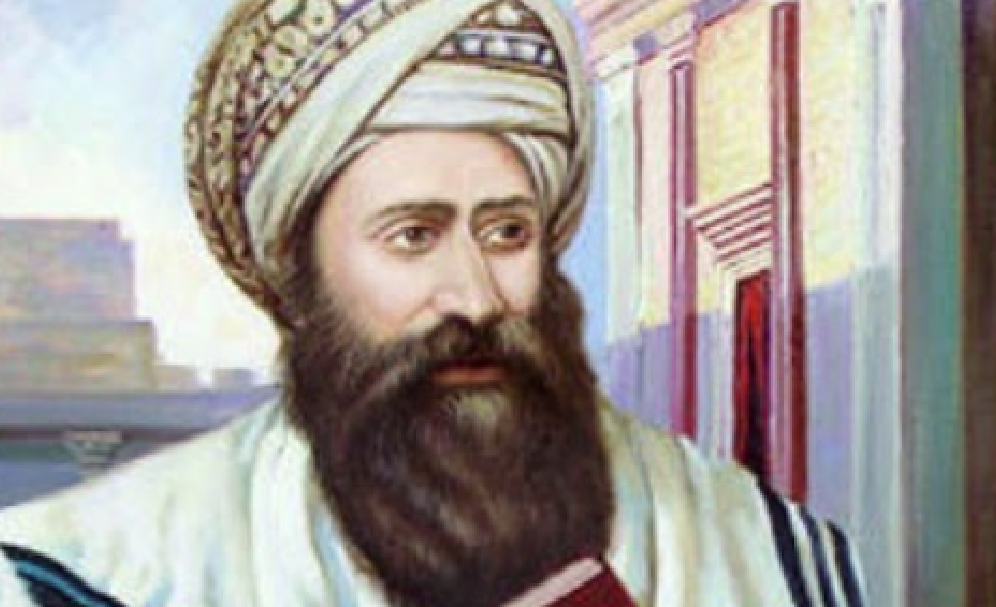
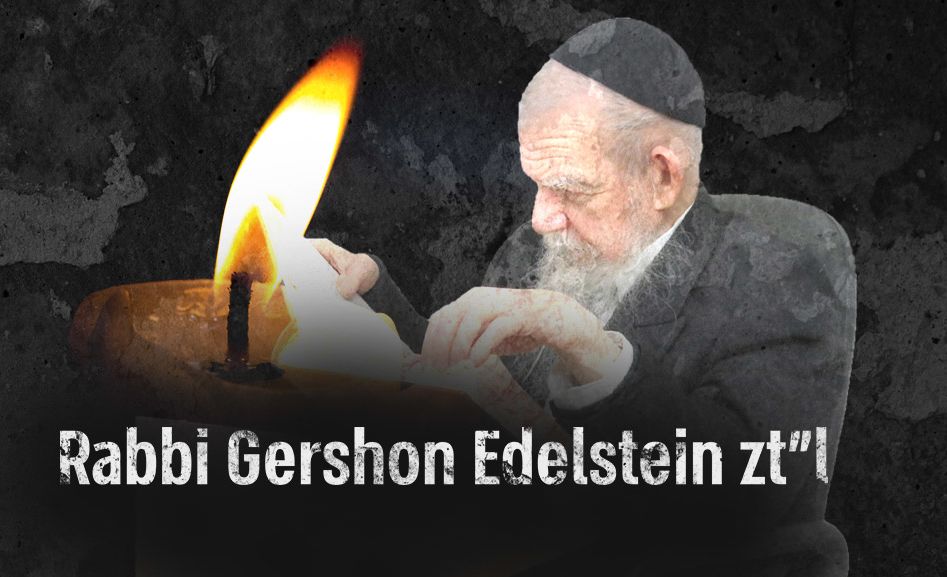
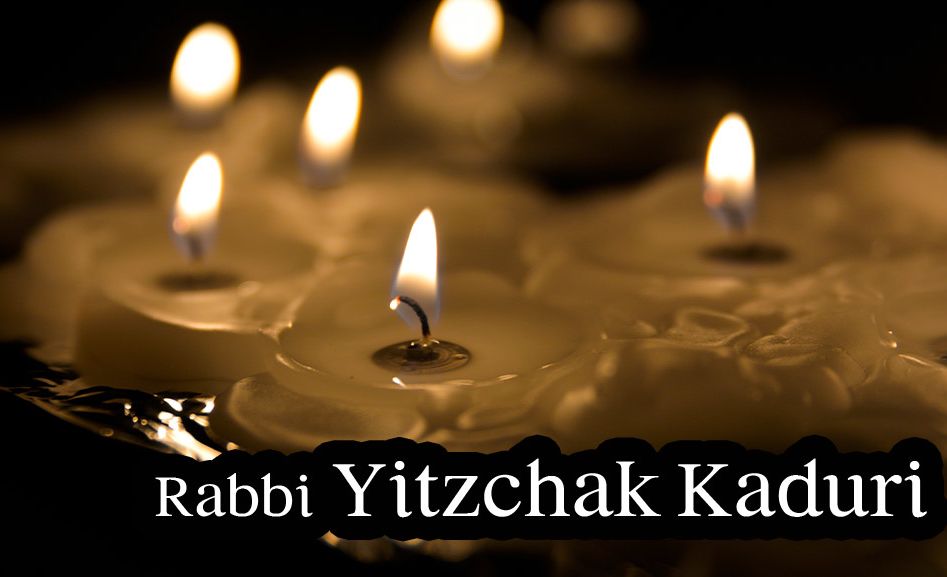
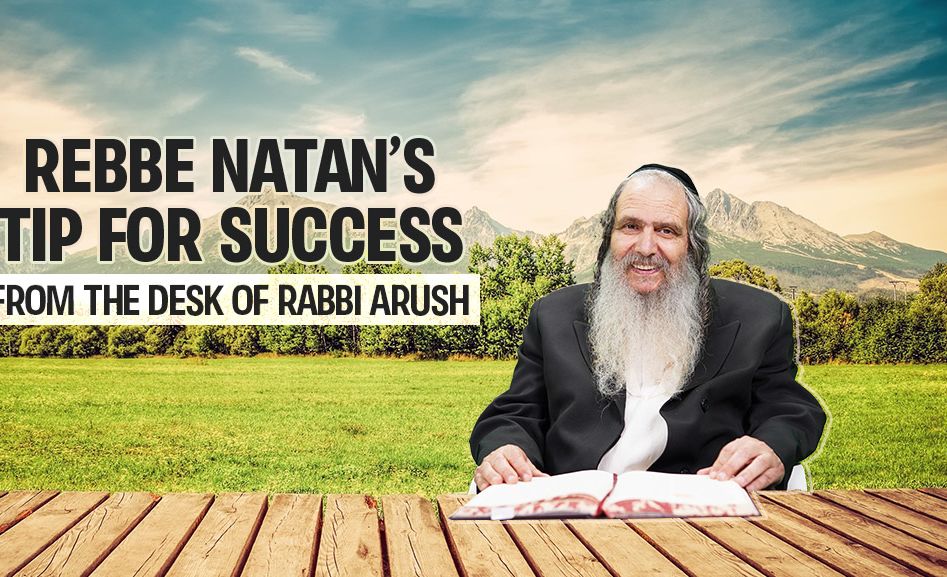
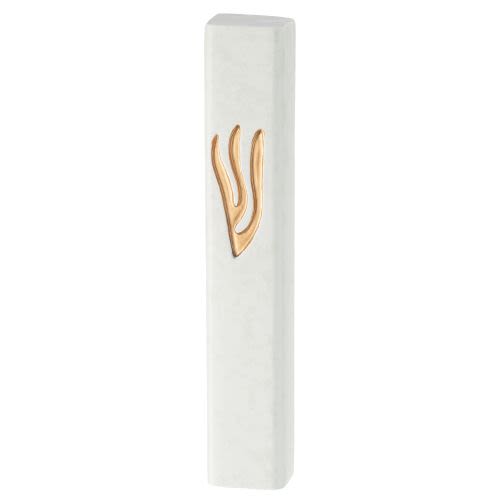

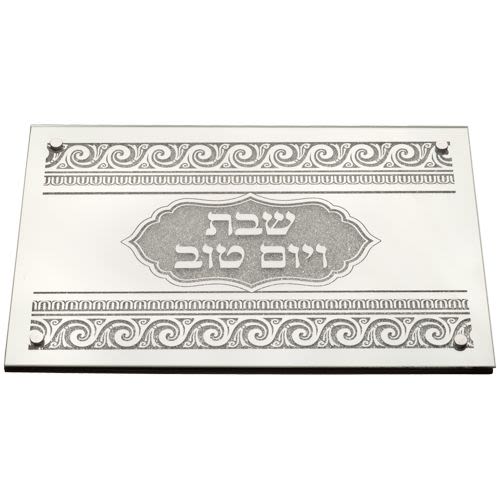


Tell us what you think!
Thank you for your comment!
It will be published after approval by the Editor.